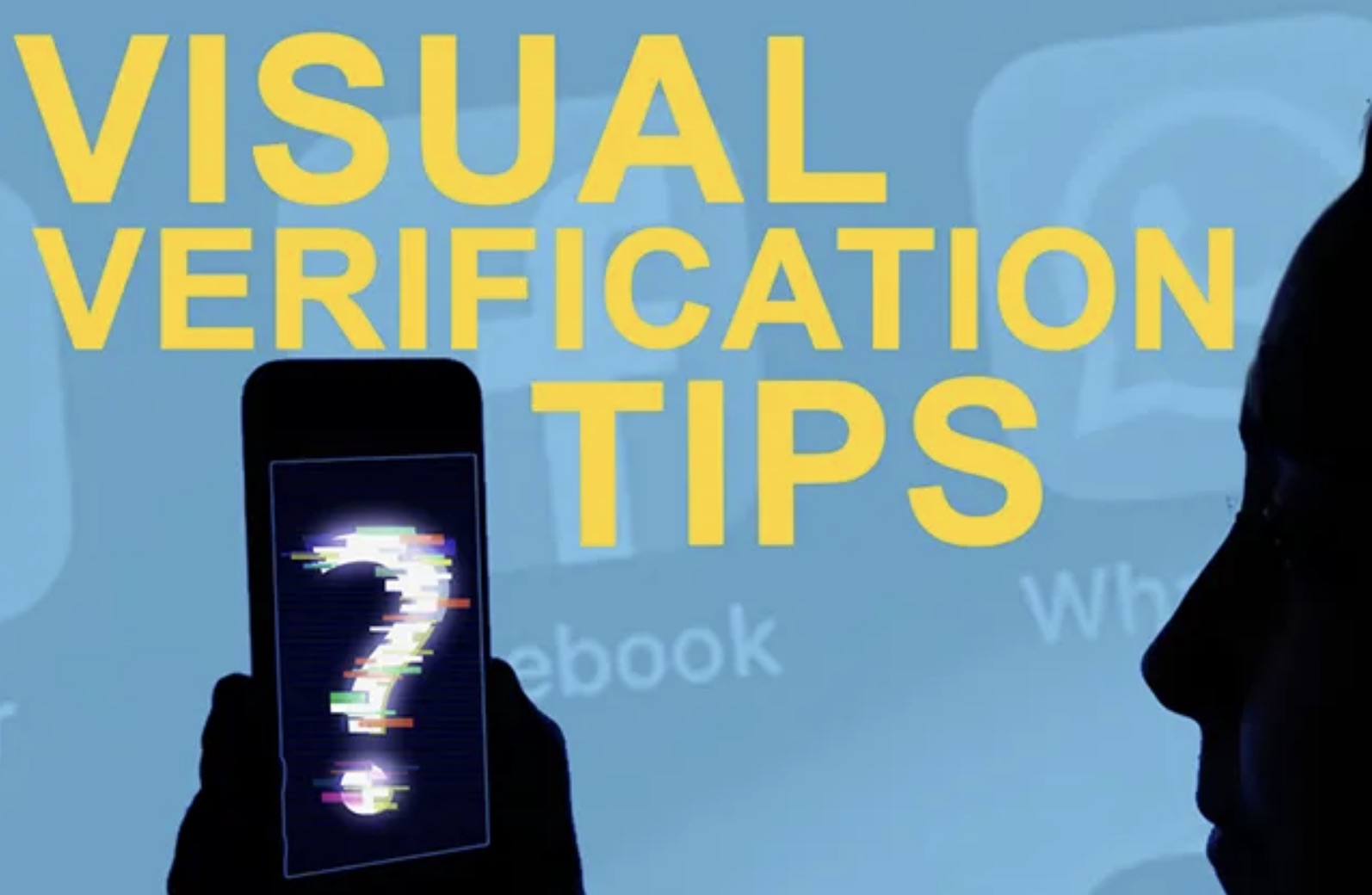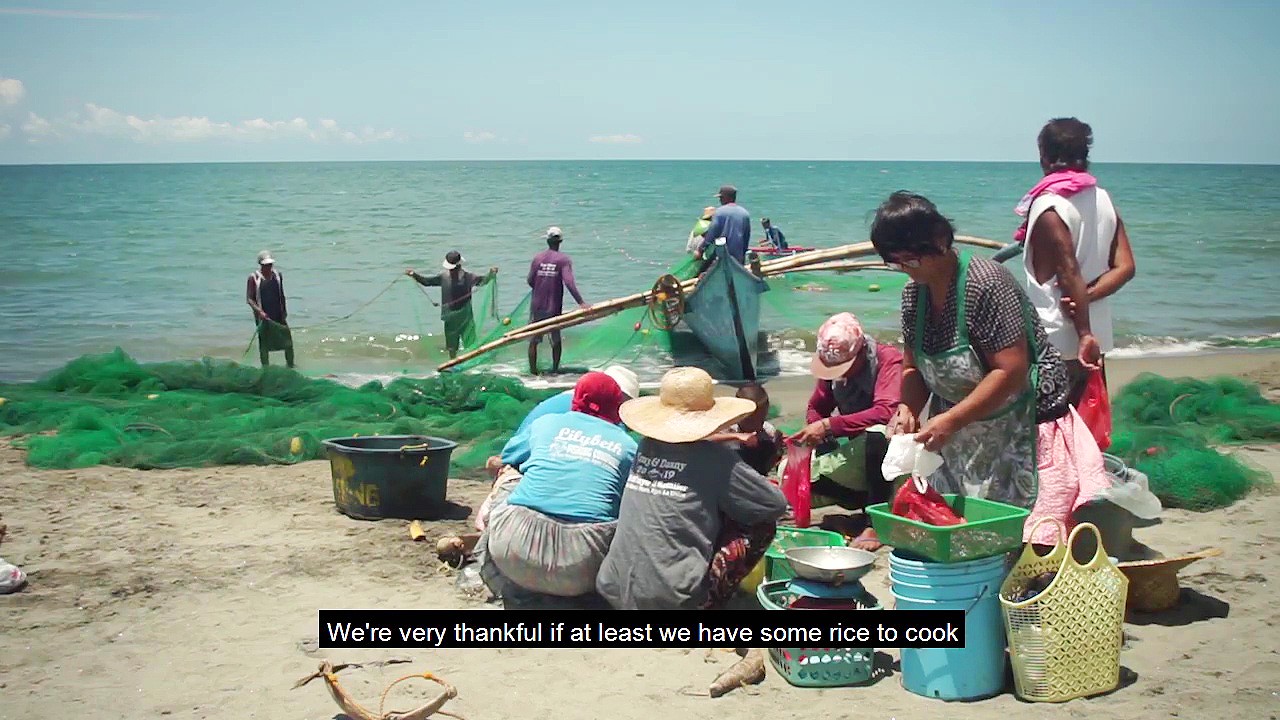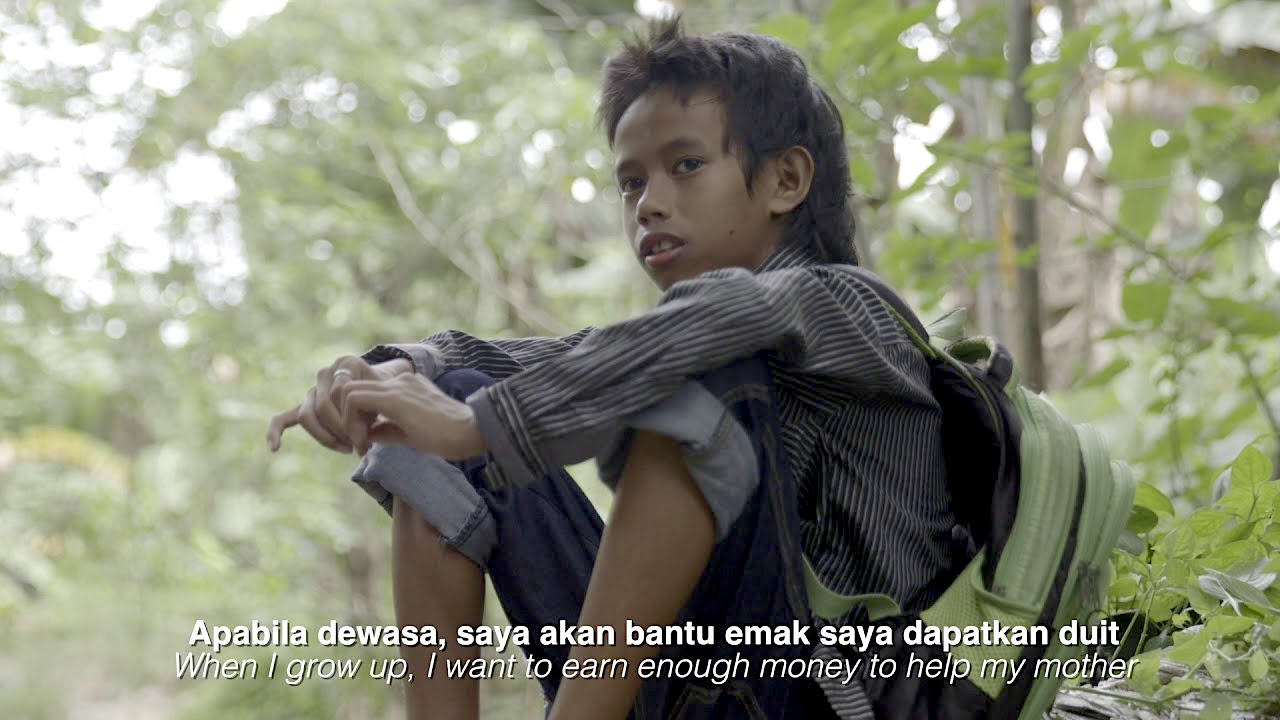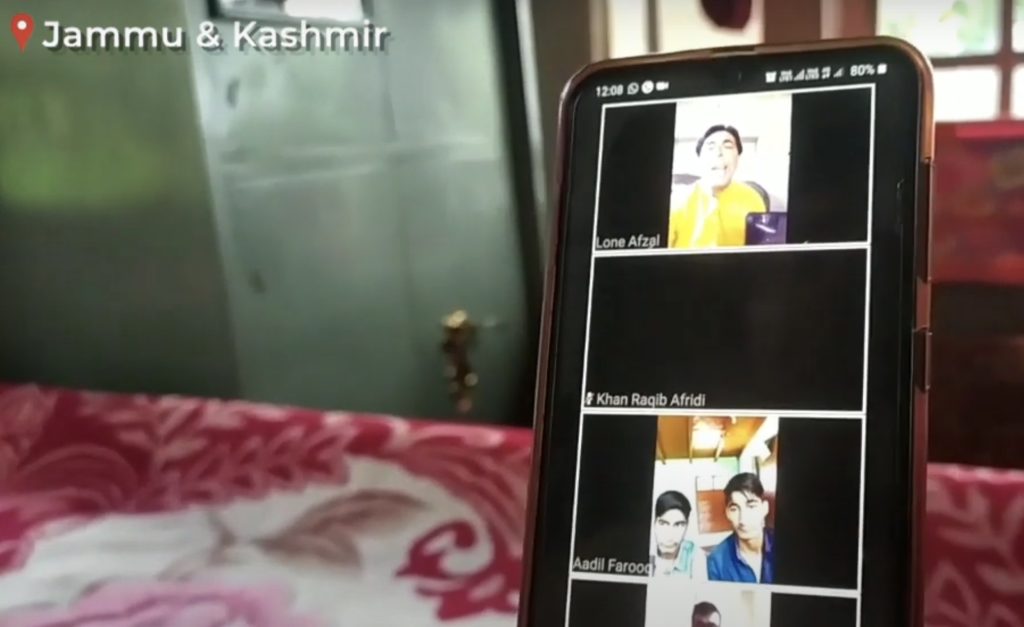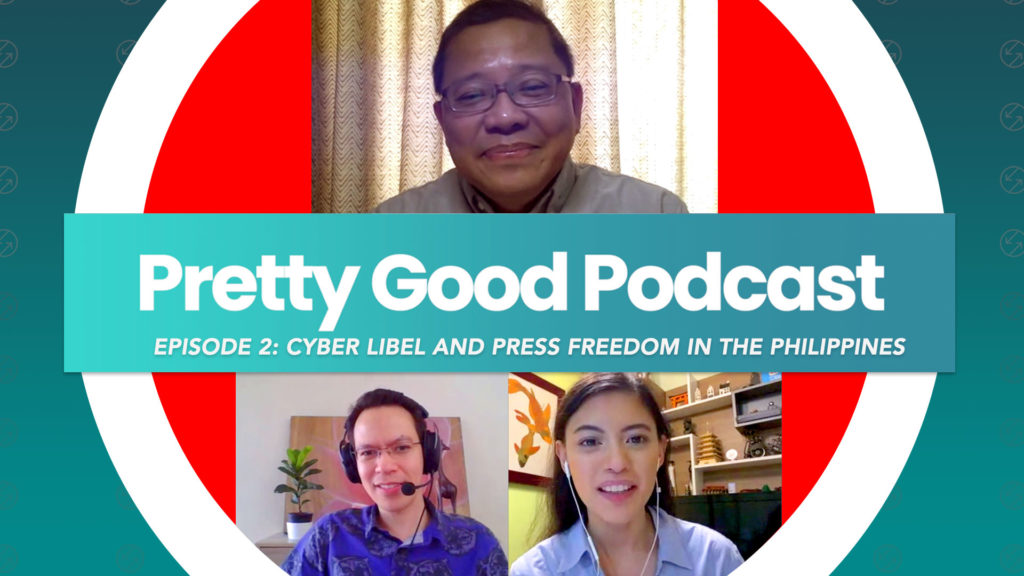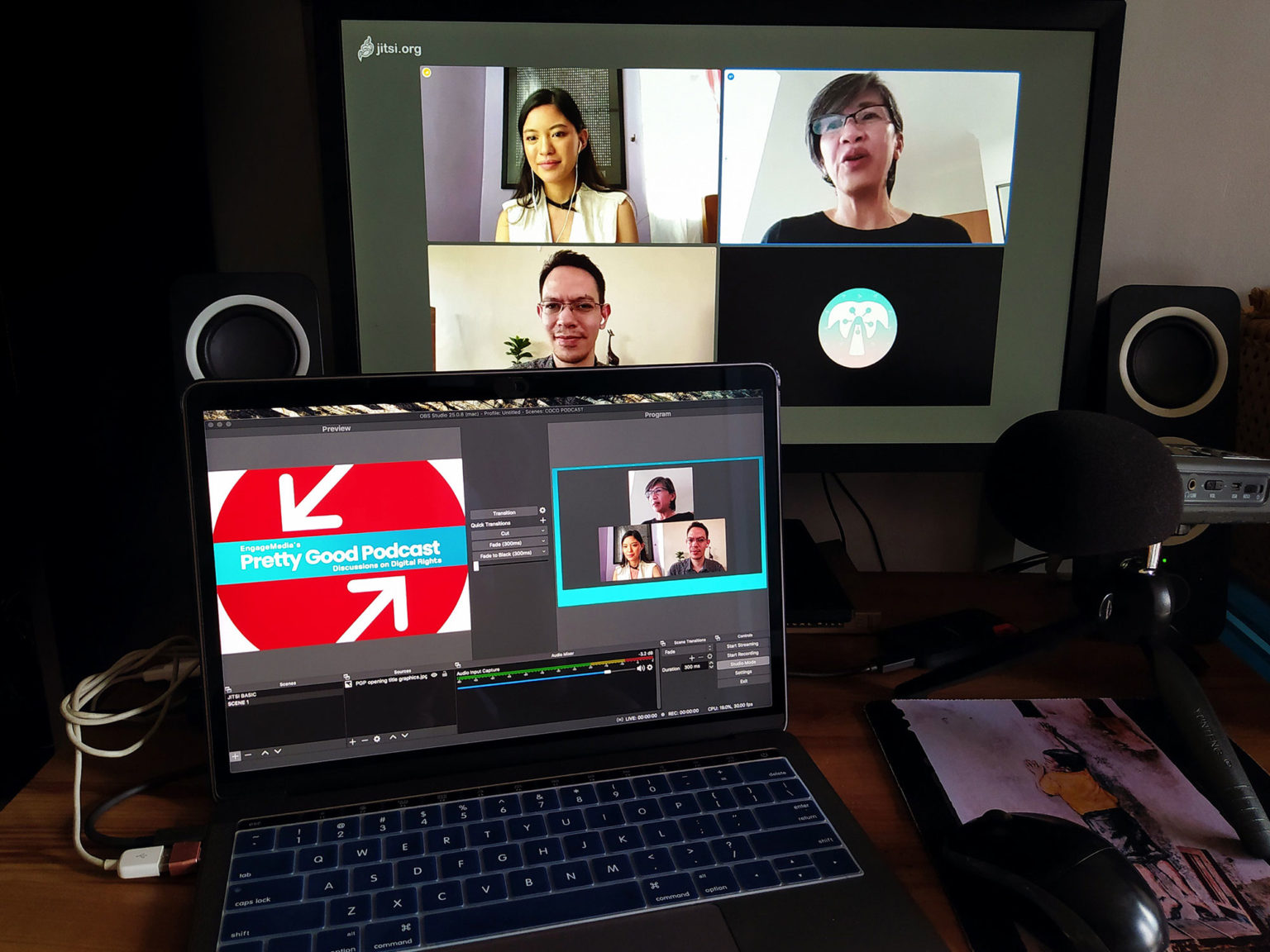This is a regular public update of the Video4Change network, a network of human rights activists, journalists, trainers, and video practitioners who create and use video to affect social change.
It has been a gruelling six months in many countries around the world. As the world continues to battle the fallout of the COVID-19 pandemic, people’s lives, habits, and freedom are gravely impacted. The pause button has been pressed on the global economy. States of either complete or partial lock-downs have forced people to shift their daily work practices and social habits to virtual environments, facing many infrastructural challenges. Meanwhile, videomakers are increasingly embracing online platforms to share their work and even film festivals are now being held online.
As a Network, we have seen video being put to work in trying to document and raise awareness for moments of hope and solidarity, but also to address and lay bare moments of abuse of power and violent authoritarianism that have followed in the wake of COVID-19 societal restrictions.
The July 2020 Video4Change Network update will highlight notable efforts by the Video4Change Network members.
Resources to Help Activists Use Video During COVID-19
The global response to the COVID-19 pandemic has impacted human rights around the world. Societies of many nations have had to endure increased repression, physical violence, surveillance efforts, and incarcerations.
Network partner WITNESS has continued its effort to make collective filming and documentation expertise available anywhere and to anyone who wants to use video to champion human rights during the pandemic.
Four completely new and relevant resources, for instance on documenting excessive force during COVID19 restrictions on movement, can be found here.
Ammoyo: Ilocos Peoples COVID-19 Response
Network Partner InsightShare is amplifying Indigenous voices and unique media usage to bring into focus how different communities across the world are providing local responses to the challenges faced during the pandemic.
The livelihoods of almost 13,000 households of fisherfolk living on the island of Luzon in the Philippines were seriously affected due to the COVID-19 movement restrictions, forcing many households to go hungry.
Ammoyo, or “bayanihan” in the local Iloco tongue, refers to the “community spirit” of helping one another in times of need. Ammoyo is a trademark of the indigenous Ilocos people. Jen Awingan, who has previously worked with InsightShare on Participatory Video projects, is facilitating a group of Ammoyo Volunteers to create videos documenting the struggles of fishing communities in Luzon and raise awareness for their self-organised relief programme.
Story of Stateless Children In Sabah who wants to go to school
From May to June, Freedom Film Network has been holding online screening events every fortnight. In these events, Freedom Film Network-produced films are screened on their Facebook page, followed by a chat session with representatives from the community about the film and about the entire COVID-19 situation.
Aku Mau Skola (I Want To Go To School) is a 20-minute documentary by Malaysian filmmaker Putri Purnama that reveals how stateless and marginalised children in Sabah have an incredible desire to pursue institutional learning but are unable to pursue their dreams. You can now watch the entire film here.
Online Education During the Lockdown in Kashmir is Failing
On August 5, 2019, the government of India revoked the special autonomy status of the disputed state of Jammu and Kashmir. Movement restrictions were put in place and all kinds of digital communications channels, including mobile telephone services and the internet, were shut down. In January 2020, low-speed internet services were restored but most schools did not open. In March 2020, Jammu and Kashmir were put under lockdown to combat COVID-19, leaving thousands of students stuck.
Despite the lack of available devices and extremely slow internet, student and teacher communities are trying to carry out regular classes using smartphones and conferencing applications. Watch the ground report by Sajad Rasool of Kashmir Unheard.
Podcast on Cyber libel and Press Freedom in the Philippines
In the Philippines, libel has been used by powerful people and politicians to silence journalists and critics from exposing irregularities, harassment and corruption.
Red and Sara, the co-hosts of EngageMedia’s Pretty Good Podcast (PGP), recently interviewed John Nery, a columnist for the Philippine Daily Inquirer and co-founder of the Consortium on Democracy and Disinformation. For the second episode of the digital rights podcast, the two talked with Nery about the recent court ruling on cyber libel charges against Rappler’s executive editor Maria Ressa and former Rappler researcher Reynaldo Santos Jr. The news organisation is known to be critical of Philippine President Rodrigo Duterte and his war on drugs.
This 2nd episode of the PGP also featured interviews with Filipino activists who participated in a physical protest against the pending controversial Anti-Terrorism Act of 2020.
Using Free and Open-Source Software to Record Your Podcast
Now that EngageMedia is two episodes in with Pretty Good Podcast, the podcast’s technical director King Catoy shares his experience and key learnings in using free and open-source software (FOSS) for the recording of the shows. Read his post on the Video4Change blog to learn more about how you can produce your own video podcast remotely and using FOSS tools.
That’s it for July 2020 Video4Change network update. Don’t forget to visit the Video4Change website and our Impact Toolkit for more information on creating social impact through video and to stay updated about our member organisations’ latest activities.
Last but not least, we have a big announcement to make. The Video4Change Network will soon announce a call that welcomes new organizations to join the Network. Please stay tuned for more on this. In the meantime, if you have questions or queries, please don’t hesitate to drop us an email. Until next time!
